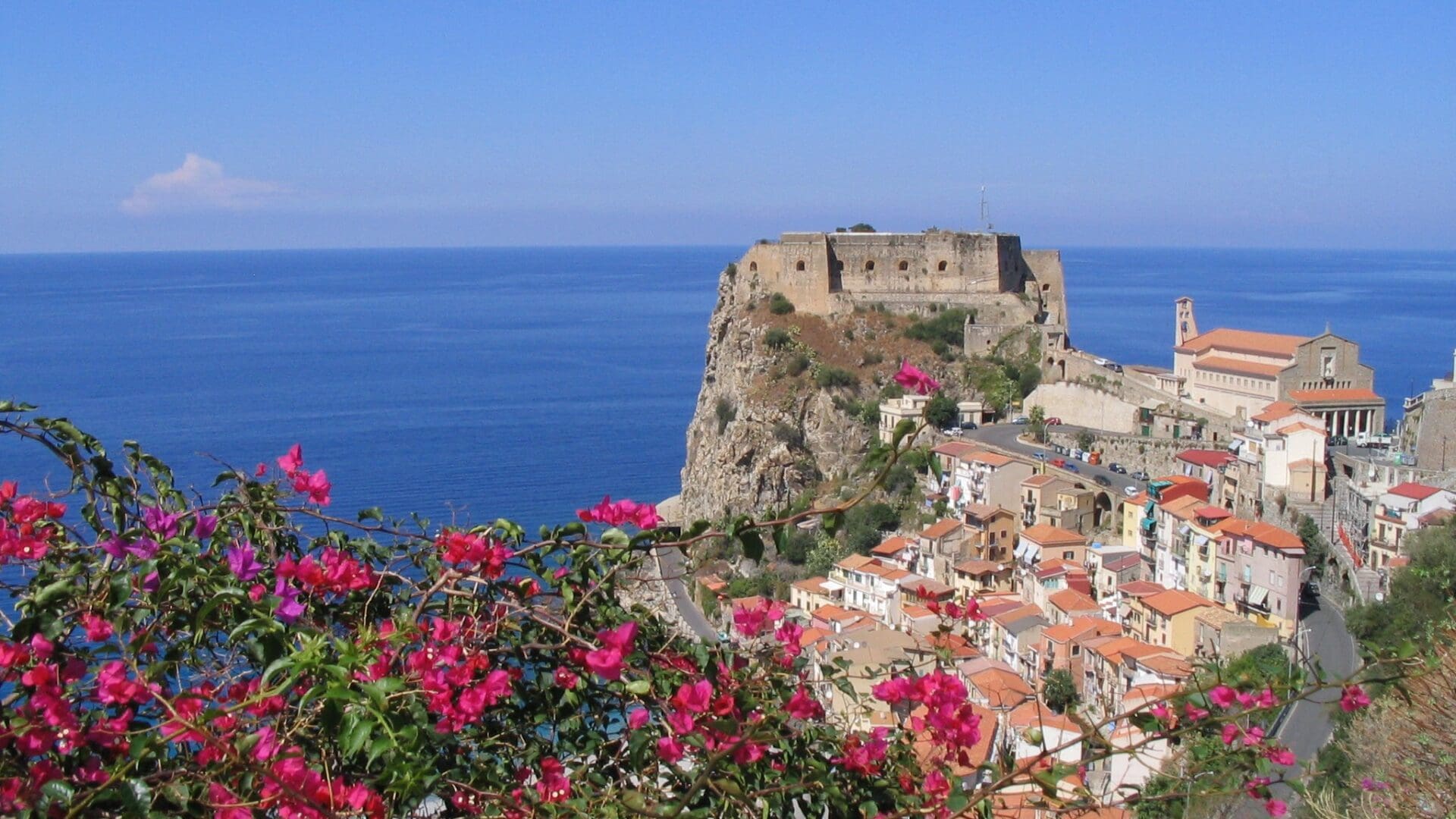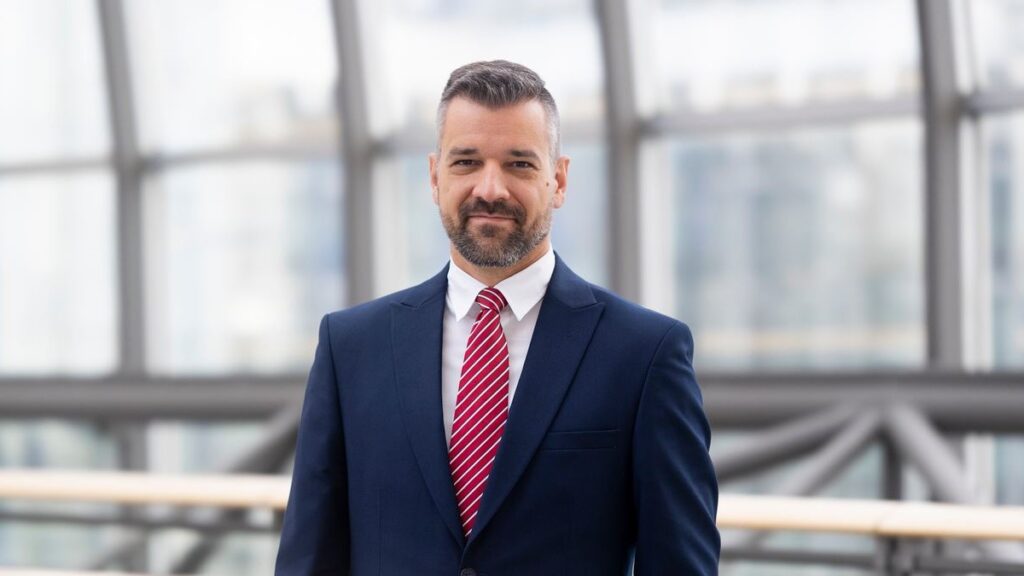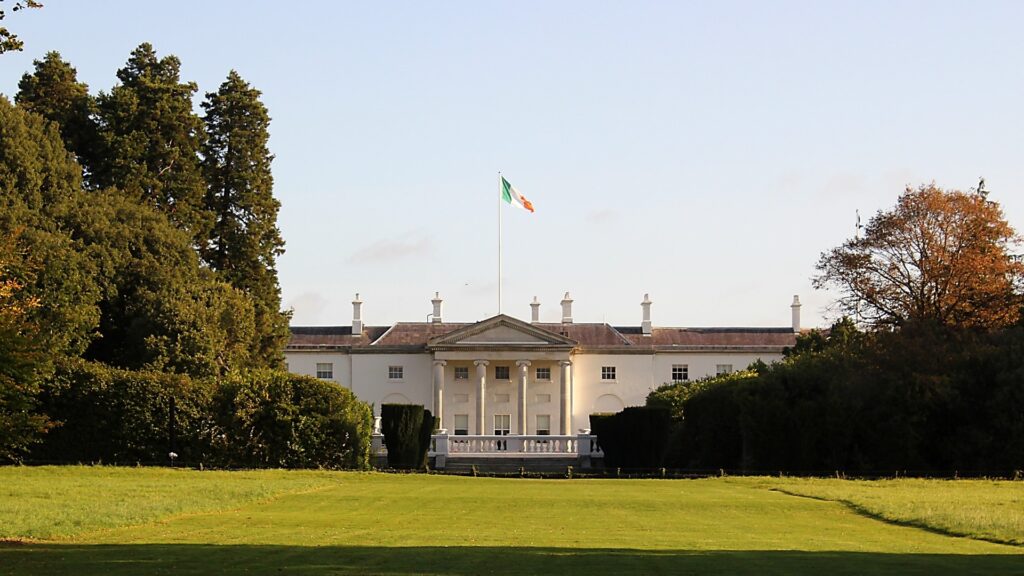The European Conservative Reformist Party (ECR) held a conference over the weekend of 1 September in the South of Italy where hundreds of professionals gathered to hear from leading party members on regional policy issues and for the vision of the greater EU conservative direction. The picturesque town of Scilla* in Calabria, a peripheral part of the country separated by distance from the large European political scene, held a conference that engaged over 800 delegates, from 14 different countries across Europe.
The European Conservative Reformist party was formed in 2009 by British Conservative Party leader David Cameron, the Czech Civic Democratic Party, and 54 other Members of Parliament from eight countries.
The group’s common cause is to reform the European Union towards euro-realism that stems from the broader anti-federalist movement, and the idea of respecting national sovereignty and economic recovery, growth and competitiveness. The group is now the third largest group in the European Parliament.
This conservative movement’s growth is vital as the driving force against the leftist agenda coming out of the EU.
It is fighting to reform the EU back to its original purpose as a place of free movement of services, goods, people, in which sovereign states would retain their powers and their own political identity, culture, and security.
The ECR conference also integrated the youth: hundreds of young activists involved in their local countries’ politics gathered together to listen to experts on the conservative policy agenda and specific regional issues in the South of Italy.
These conferences are held all over Europe several times a year; the next one will be hosted in Croatia where family support policies will be discussed. Giorgia Meloni, the president of ECR and Italy’s Prime Minister, is fighting for Italy’s national interests and economic growth through her party, Fratelli d’Italia. As Anthony Constantini put it in his op-ed published on POLITICO, ‘Meloni sees the EU not as a threat but as a unifier of the West; her goal is reform, not destruction.’ Italy’s citizens made a clear signal to Brussels by electing her over the left wing leadership dominance of many years, primarily fuelled by economic anxiety such as declining wages, increased cost of living and strained job market, and fear of cultural dilution. Meloni believes in Western nationalism, and policies that support the family and putting the nation first to aid in the survival of Western civilization.
(Invited by President Katalin Novák, Meloni has just given powerful remarks at the 5th Budapest Demographic Summit, as Hungarian Conservative reported.)
The Hungarian conservative government is optimistic about a shift in European politics following the upcoming EP elections. Hungary’s political director, Balázs Orbán, told GBNews earlier this month: 'In France, the right will win. In Italy, the right will win, in Germany, Austria, Hungary, Poland, the right is going to win, and those are the biggest countries.'
The ECR may be one of the drivers of the hoped-for right-wing EP election successes across the continent. Many have seen how
European Union institutions have become tools for denying states sovereignty
and implementing federalist type measures that affect every country and disregard their differing needs, and then punish them if they disobey. As the ECR Visions for Europe’s Respecting the Rights & Sovereignty of Member States section states, 'The European Union has become too centralised, too ambitious, and too out of touch with ordinary citizens.'
The conference primarily focused on building Southern Europe's economy as a gateway of trade, with Italy proposing new plans on building a bridge between Sicily and the mainland of Italy. The main topic of discussion was how infrastructure and transportation ideas are best dealt with as a collaboration between the state and localities. The Meloni government is helping the region of Calabria accomplish this initiative for the protection and growth of the region; aptly, the slogan for the conference was 'If the South grows, Italy grows, Europe Grows.'
What is at the core of these efforts is a fundamentally conservative idea.
It was Alexis de Tocqueville who first wrote about the principle of subsidiarity and active community engagement. Tocqueville discusses how a township must have mores and habits that are supported by laws, and this leads to attachment and affection for the township or, in other words, trust in the community. Later, Robert Nisbet, a leading figure of post-war conservative intellectual revival, also formulated the idea that it is communities that preserve healthy societies. His book The Quest for Community: A Study in the Ethics of Order and Freedom, published in 1953.[1] As Tocqueville and then Nisbet argued, when there is affection for the city or township, people naturally want to engage with it and improve it, and the principle of mutual responsibility is the very structure of these associations.[2] The community fabric is the most efficient counterweight against the claims of the central government whereby the people make political and social decisions that best suits their needs at the immediate local level.
This is precisely what the region of Calabria is engaging in
as they decide to improve their economy locally, as well as unifying the country of Italy by building a bridge between Sicily and the mainland. This part of the continent has been forgotten by those in Brussels, as the panellists at the conference pointed out, but in fact, this region is the gateway to Europe from the Mediterranean and a vital economic port, as well as a symbol of the unique European culture. The conference highlighted the importance of collaboration between the Meloni government and the local cities.
What was most fascinating about this gathering was the presence of young professionals in politics and various sectors such as consulting, economics, think tanks, governments, and law firms. The education and inclusion of the youth in this sort of political discussion is important for nation building and maintaining the cultural integrity of the region for future generations. As an American outsider witnessing the collaboration and kinship of Europeans at this conference unified under a common cause was spectacular and moving. In fact, many attendees were excited an American was present and wanted to educate me on what was happening, and invite me further into their political discourse.
The concern formulated by Polish ECR Co-Chairman Ryszard Antoni Legutko in 2021 was palpable at the conference I attended. In his remarks made in May 2021, Mr Legutko declared that 'the drive for an “ever closer union” is no longer an expression of hope for European citizens to work together;
it has become a dogma to justify a centralised federal Europe,
with less and less regard for the rights of its national democracies.' The ECR party is the mitigating factor of those tendencies, a party seeking positive change.
I felt honoured to be in attendance and to have had the ability to meet active young professionals in politics and members of parliament from across Europe. After the conference concluded and my list of contacts expanded, I was reminded of the profound beauty of democracy; the ability to come together, discuss, and shape the future as a collective. The energy and enthusiasm following this event was contagious, a reminder that when like-minded individuals unite in pursuit of a common cause, positive change becomes not only possible but inevitable. As those in attendance return to their respective corners of Europe, let them carry with them that hope, inspiration, and determination for this positive reformation and keep the momentum alive.
* The town's name derives from the mythological figure Scylla, who, as described in Homer’s Odyssey, was a young nymph who refused Glaucus's love. Glaucus, a mortal fisherman transformed into a sea-god after eating a magical herb, went to the sorceress Circe, who was in love with him, and asked her to help him win Scylla's heart. But the offended sorceress instead poisoned the sea-pool where the nymph used to bathe, turning her into a six dog-headed monster who destroyed every ship crossing the Strait of Messina. Scylla is said to live in the rock of Scilla, on top of which the Ruffo Castle was erected.
[1] R. A. Nisbet, The Quest for Community: A Study in the ethics of Order and Freedom, ISI Books, 1953. ‘Habits of the heart are not natural, they arise from the set of circumstances people live with in a community and it aids communities to develop affection for their place. Habits and mores of community are developed through custom, values, interests, and morals. The law then comes from the people as an expression of their norms and values, known as common law.’
[2] Alexis de Tocqueville, Democracy in America, Bantam Doubleday Dell, 2000, pp. 57-58: ‘The institutions of a township are to freedom what primary schools are to science; they put it within reach of the people...a township a nation can give itself a free government.’ According to Tocqueville, freedom is developed in a person through affections and attachment to a place: ‘he habituates himself to the forms without which freedom proceeds only through revolutions’.








